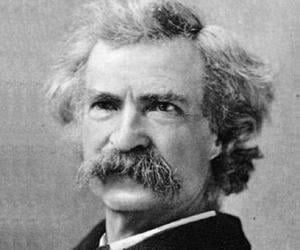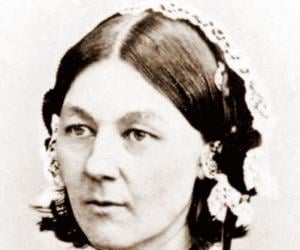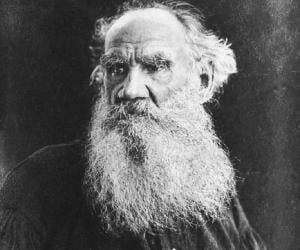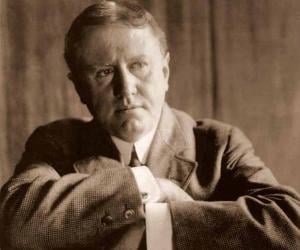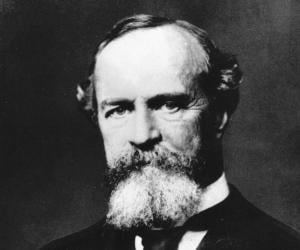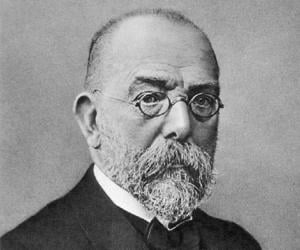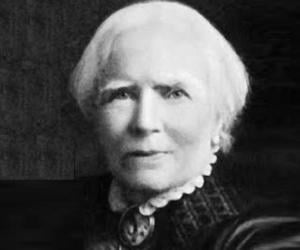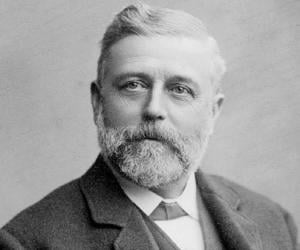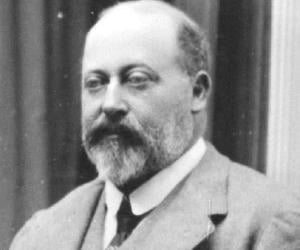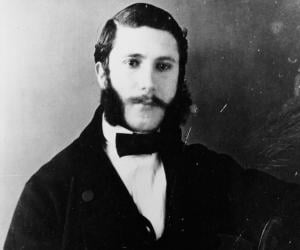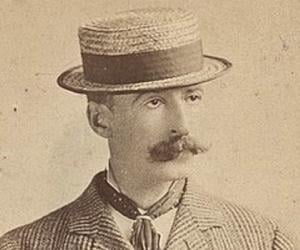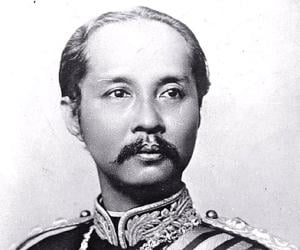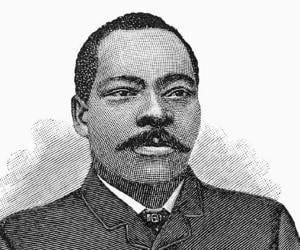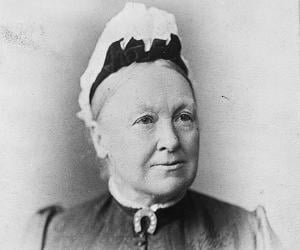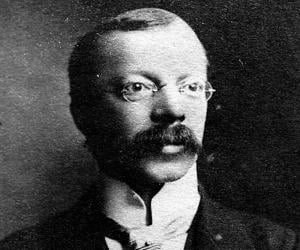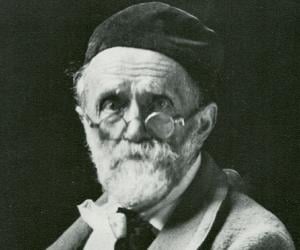Mark Twain, “the father of American literature,” was one of the world’s greatest 19-th century humorists and authors. His novels The Adventures of Tom Sawyer and the Adventures of Huckleberry Finn were drawn from his childhood experiences in Missouri. In his later life, he sunk into bankruptcy and also recovered.
Russian writer, Leo Tolstoy, is widely considered as one of the greatest authors ever. After experiencing a profound moral crisis in the 1870s, Tolstoy went through a phase of spiritual awakening, which had a great impact on his subsequent works that incorporated ideas on nonviolent resistance. These works influenced personalities like Mahatma Gandhi, thereby effectively changing the course of history.
William James was an American psychologist and philosopher. Widely regarded as the father of American psychology and one of the most influential American philosophers, James was the first educator in the United States to offer a course in psychology. He is also credited with co-founding a psychological school of thought called functional psychology and establishing a philosophical school called pragmatism.
Robert Koch was a German microbiologist and physician. One of the prominent co-founders of modern bacteriology, Koch is credited with creating and improving laboratory techniques and technologies in the field of microbiology. He is also credited with making important discoveries in public health. In 1905, Robert Koch won the Nobel Prize in Physiology or Medicine for his research on tuberculosis.
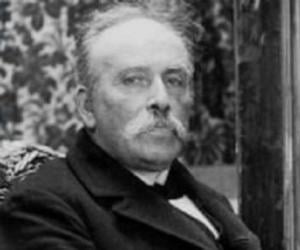
Edward VII, the King of the United Kingdom of Great Britain and Ireland and Emperor of India from 22 January 1901 until his death, is said to have played a role in the reorganisation of the British Army after the Second Boer War. His main interests lay in the fields of foreign affairs and naval and military matters.
Henry Dunant was a Swiss businessman, social activist, and humanitarian. He is credited with co-founding and promoting the Red Cross. In 1901, he became the first Swiss Nobel laureate when he was honored with the Nobel Peace Prize. Dunant is also credited with founding the Swiss branch of YMCA. His life inspired the 1948 historical drama film, Man to Men.
Winslow Homer was an American illustrator and landscape painter. He is best remembered for painting marine subjects. A pre-eminent figure in American art, Homer is widely regarded as one of the most important painters in 19th-century America. Although he never had any students, Winslow Homer's works influenced subsequent generations of American painters.
Chulalongkorn reigned as the king of Siam from 1868 until his death in 1910. Nicknamed the Royal Buddha, Chulalongkorn's reign witnessed the modernization of Siam; several social and governmental reforms marked his reign. Since the reforms ensured Siam's survival despite Western colonialism, Chulalongkorn earned the title, the Great Beloved King.
Granville Woods was 10 when he began working at a machine shop, while continuing his studies at a night school. He grew up to become a steam locomotive engineer and earned the nickname the Black Edison for his countless inventions, most of which were related to electrical systems for railways.
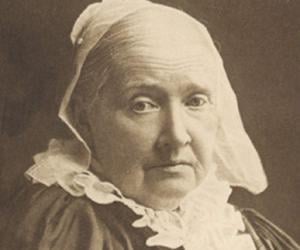
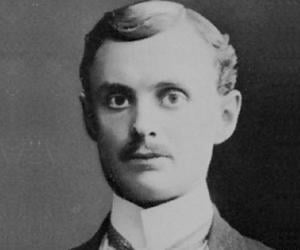
British automobile and aviation pioneer Charles Stewart Rolls is remembered for co-founding Rolls-Royce. The Cambridge alumnus was the first pilot to fly across the English Channel and back without a halt. He died in a plane accident at age 32 and was the first British aviator to do so.
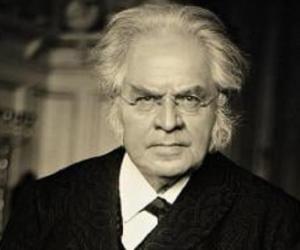
Nobel Prize-winning Norwegian author Bjørnstjerne Bjørnson, the first Nobel laureate from his country, is regarded as one of The Four Greats of Norwegian Literature. He also penned the Norwegian national anthem and is known for books such as Absalom's Hair and short stories such as The Railroad and the Churchyard.
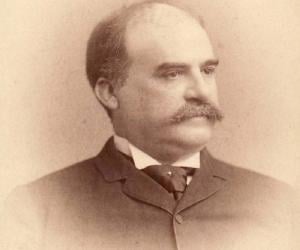
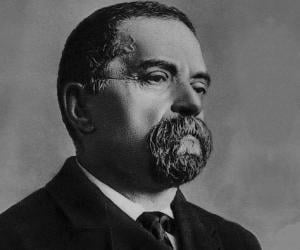
Giovanni Schiaparelli made headlines when he discovered the canals of Mars, suggesting the existence of intelligent life forms on the planet. He also discovered the asteroid named Hesperia and was associated with the Brera Observatory in Milan for more than 40 years. He had also been a senator of Italy.
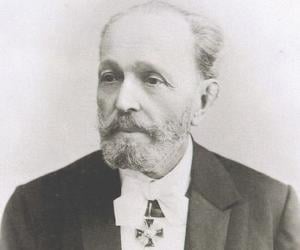
Marius Petipa was a French pedagogue, ballet dancer, and choreographer. He is widely regarded as one of the most influential and important ballet choreographers and masters in ballet history. From 1871 to 1903, he served as the principal choreographer and Ballet Master of the popular Imperial Russian Ballet. In the 1983 biopic Anna Pavlova, Petipa was played by Pyotr Gusev.
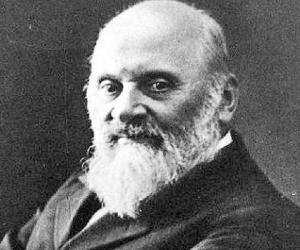
Catherine Helen Spence was a 19th-century Scottish-born Australian author, teacher, journalist, and politician. One of the leading suffragists of her era, she was also a minister of religion and social worker. She supported electoral proportional representation. Australian writer and feminist Miles Franklin called her the "Greatest Australian Woman".
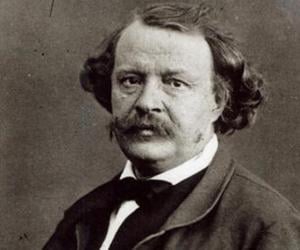
Nadar was a French caricaturist, photographer, novelist, journalist, and balloonist who championed heavier-than-air flight. Nadar became the first photographer to take aerial photographs in 1858. His photographic portraits are preserved by several museums and institutions.
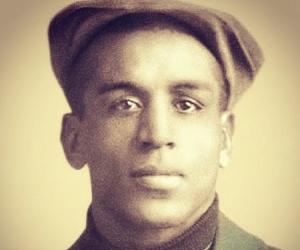
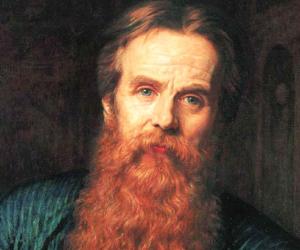
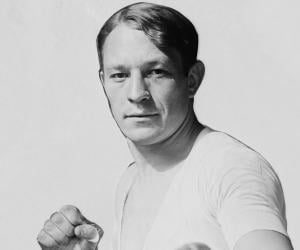
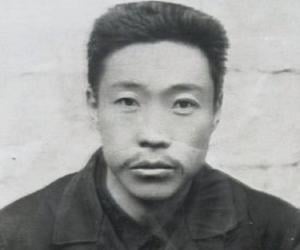
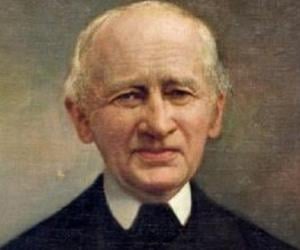
Johann Gottfried Galle was a German astronomer who worked at the Berlin Observatory. On 23 September 1846, he became the first person to view and recognize the planet Neptune. The discovery of Neptune is considered one of the most significant moments of 19th-century science and is widely regarded as a validation of celestial mechanics.
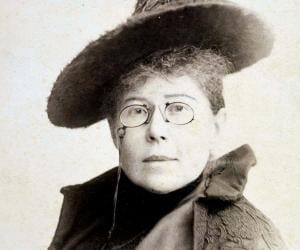
Maria Konopnicka was a Polish poet, children's writer, novelist, translator, critic, journalist, and activist for Polish independence and women's rights. Counted among the most prominent poets of Poland's Positivist period, Maria Konopnicka first gained prominence after the publication of her poem In the Mountains. A number of memorials and statues have been erected across Poland in her honor.
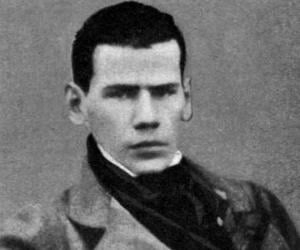
Legendary Russian author Leo Tolstoy was one of the greatest novelists of the world. Best known for his realistic fiction and cult novels such as War and Peace and Anna Karenina, he had also penned plays such as The Power of Darkness and was nominated for the Nobel Prize multiple times.
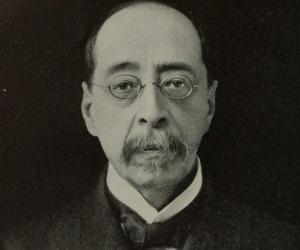
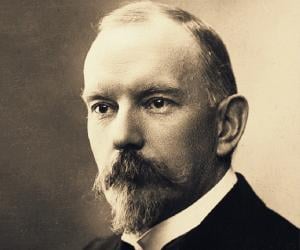
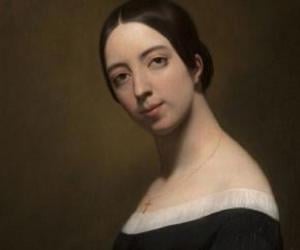
Pauline Viardot was a noted French operatic Mezzo-soprano, music-pedagogue and composer of nineteenth century considered a star performer of her time. She hailed from a musical family. During her illustrious career that spanned over several decades, Viardot thrived as a remarkable pianist and as a complete all-around professional musician. Her notable works include the operas Le dernier sorcier and Cendrillon.
Best remembered for his still lifes, Swiss painter Albert Anker is regarded as Switzerland’s national painter. While he initially studied theology, he later deviated toward art. Sleeping Girl in Walde and Still Life: Tea Set remain 2 of his best-known works. He also became a knight of the Légion d'honneur.
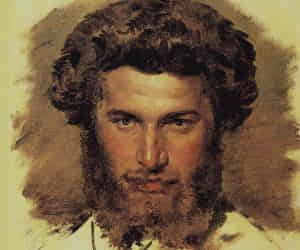
Arkhip Kuindzhi was a Russian painter of Greek origin. Best remembered for his landscape paintings, Kuindzhi traveled extensively throughout his life. He then went on to serve as a professor at the St. Petersburg Academy of Arts in Russia. He is credited with teaching future painters and artists like Konstantin Bogaevsky, Nicholas Roerich, and Arkady Rylov.
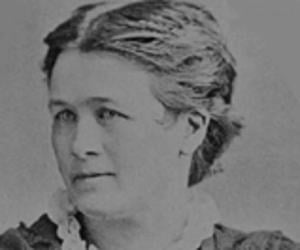
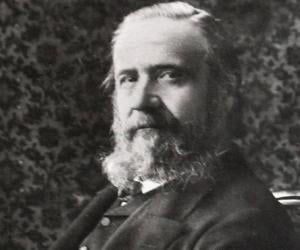
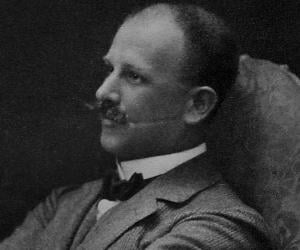
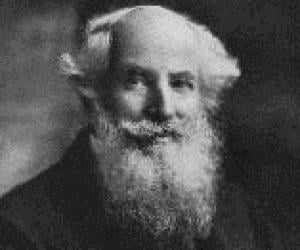
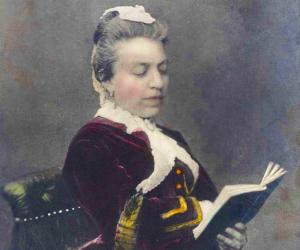
Eliza Orzeszkowa was a Polish novelist whose works revolved around the social and political conditions of her then-occupied country. One of the most important writers of the Positivism movement in Poland, Eliza Orzeszkowa was nominated for the prestigious Nobel Prize in Literature in 1905 along with Leo Tolstoy and Henryk Sienkiewicz.
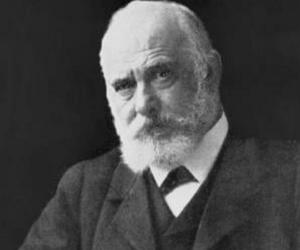
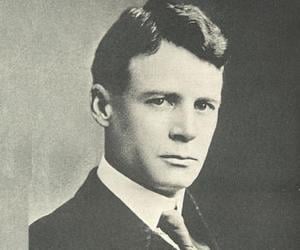
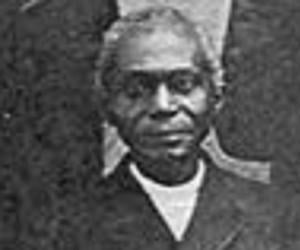
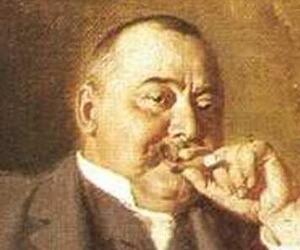
While he initially studied law, Kálmán Mikszáth later became a renowned journalist and later penned some of the best social commentaries of his time. Remembered for his short story collections such as The Slovak Kinsfolk and novels such as The Black City, he was also an elected member of the National Assembly.
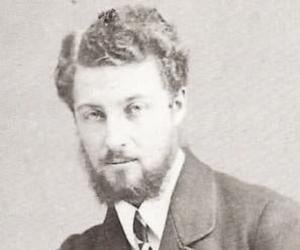
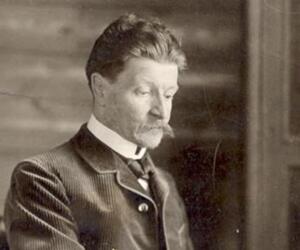
Mikhail Vrubel was a Russian painter best remembered for his expertise in all genres of art, such as painting, graphics, theatrical art, and decorative sculpture. At the start of the 20th century, his art became an integral part of Art Nouveau. In 1905, Mikhail Vrubel was honored with the title Academician of Painting.
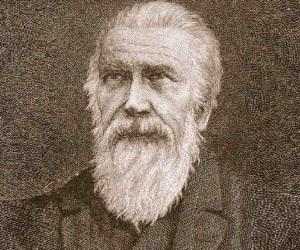
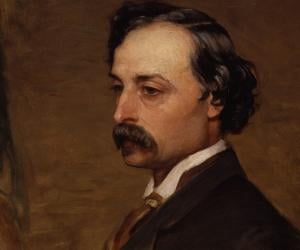
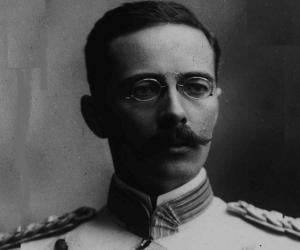
Gustav Adolf von Götzen was a German colonizer best remembered for his service as the Governor of German East Africa from 1901 to 1906. In 1905, Gustav Adolf von Götzen successfully suppressed the Maji Maji Rebellion, which threatened to take over the colony.
